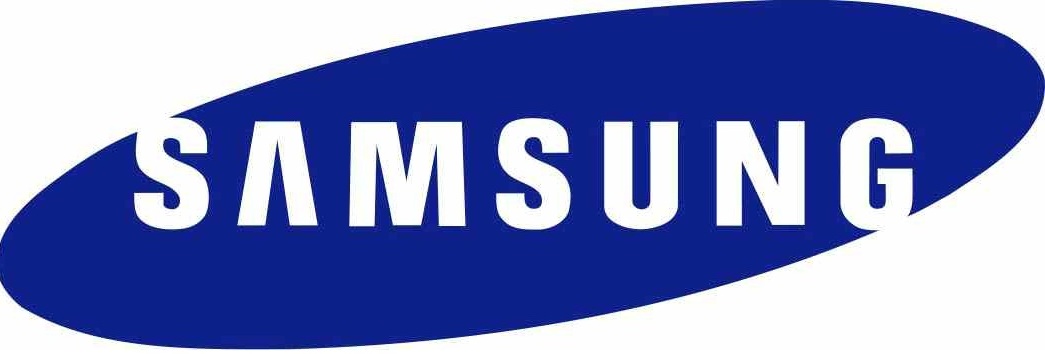Samsung launches Enterprise Business Division in Malaysia
By A. Asohan December 13, 2012
- New unit to manage all non-consumer businesses
- Headcount in Malaysia, now at 600, expected to increase by 300%
 SAMSUNG Malaysia Electronics has launched its new Enterprise Business Division, aiming to take its success in the consumer space into the business frontier.
SAMSUNG Malaysia Electronics has launched its new Enterprise Business Division, aiming to take its success in the consumer space into the business frontier.
“We’re launching today a new division and a complete portfolio of business solutions which will give us new momentum,” said its managing director Kwon Jae Hoon, touting the company’s success in the consumer space.
Among them, the Galaxy Note II which was launched globally in October, has broken its sales records, with five million devices having been sold worldwide, roughly three times faster than its predecessor the original Galaxy Note.
“We aim to bring smart solutions to enterprises to help them improve their productivity and their efficiency, with solutions that can be customized according to different industry needs,” he added.
The new business division will manage Samsung’s Mobile Security, Digital Office & Virtualization, Retail & Digital Signage, and Smart School business, or as vice president of its B2B (business-to-business) unit Varinderjit Singh put it, everything that is not consumer-facing.
Samsung has 203 offices and facilities across 75 countries, with annual revenue of US$14.1 billion in 2011 and 227,000 employees worldwide. It set up operations in Malaysia in 2003, and now has 600 employees here.
The company was coy about its targets for the new enterprise division, however saying that it would be increasing headcount across the Asia Pacific by 200%. “In Malaysia, it will be closer to a 300% increase in headcount,” said Varinder.
As for sales or revenue targets, “We’re aiming for a leadership position in the enterprise space as we have in the mobile, tablet and smartphone markets,” he said, declining however to put a timeframe on this, except to say “very quickly.”
Varinder said the company would be working with global and local partners, with the former including giants such as Juniper, Cisco, Citrix and Microsoft on providing solutions for the different vertical industries.
He added that the company had about 1,000 partners in Malaysia, which the Enterprise Business Division would classify into high, medium or low priority depending on how suitable their solutions are for the enterprise market.
“The verticals we have identified as key focus areas are education and FSI (the financial services industry),” he said, adding that the company would also be targeting the small and medium enterprise sector.
Samsung believes its lead in the consumer device market will position it well to take advantage of the Bring Your Own Device (BYOD) trend, with Kwon saying that “together with our powerful, innovative and connected devices on the market, we will deliver a comprehensive, best-in-class enterprise mobility solution to meet today’s demands of a diverse mobile workforce.”
On the Mobile Security front, for example, it touted its Galaxy Android platform as being “enterprise-ready,” with mobile device management, certified data encryption and virtual private network capabilities built in.
“CIOs (chief information officers) have a number of security challenges when it comes to adopting BYOD,” said Varinder. “On a Samsung device, you have 338 IT policies through 725 APIs (application programming interfaces) so that companies can set up their own security.”
Also, the Samsung Enterprise SDK (software development kit) allows companies to integrate third-party mobile security solutions on Galaxy devices.
Samsung said its Digital Office & Virtualization solutions allow users to access enterprise applications on-the-go on a single device, securely and seamlessly.
Its Retail and Digital Signage solutions cover its professional displays, including LED backlit, touch-screen and video wall displays.
The odd man out in the new division is its Smart School solution, a total package comprising Samsung tablet and software that it claims provide better teacher-student interaction, more efficient communications and improved classroom management.
The Smart School solution will only be commercially available sometime in the first quarter of next year, a company spokesman said, adding that pilot projects were being conducted at a school each in Korea and the Philippines, with another in Malaysia expected to launch “soon.”
Related Story:


